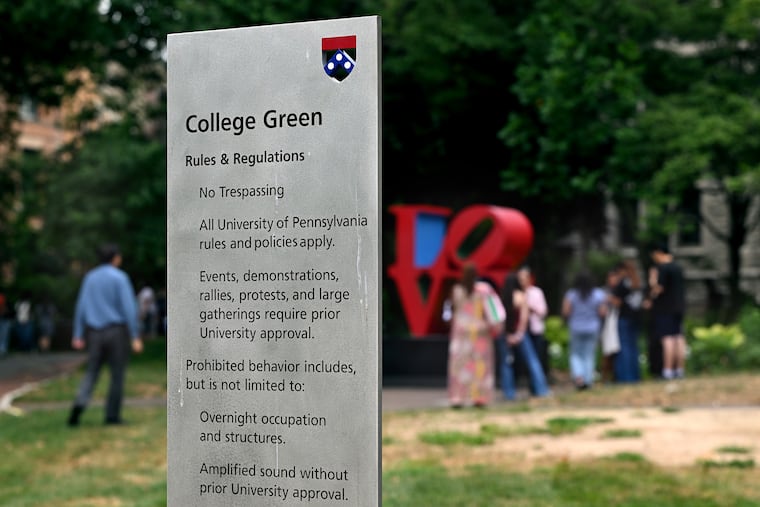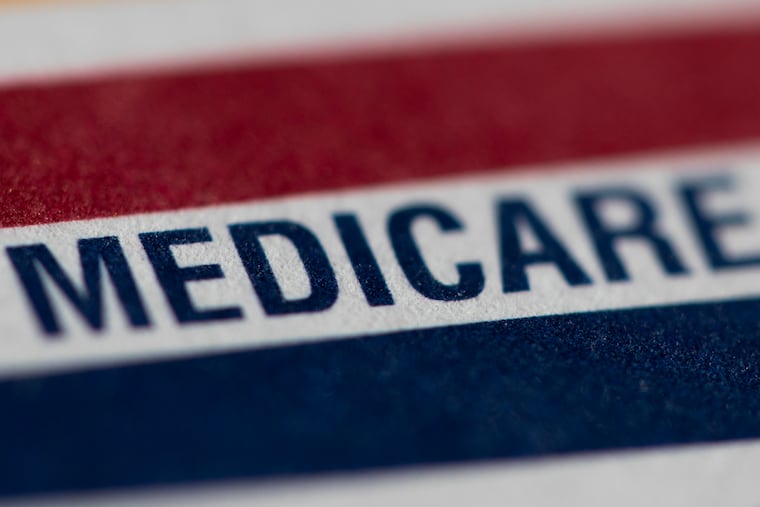Letters to the Editor Published on October 7, 2025
The Trump administration’s proposed arrangement with the University of Pennsylvania has sparked considerable debate about the implications of federal involvement in university governance. The administration has offered the university preferential access to funding in exchange for influence over tuition, hiring practices, and other pivotal aspects of academic operations. This raises significant questions regarding the balance between institutional independence and government oversight.
One crucial aspect that has not been adequately addressed is the relationship between taxpayer-funded university research and the returns to taxpayers. Many believe that universities, including Penn, should refrain from accepting federal funds for research unless there is a system in place to ensure that taxpayers are compensated for their investment when successful innovations emerge. Currently, taxpayers help fund a portion of research through grants, bearing not only the financial burden but also the risk associated with research outcomes, many of which do not yield breakthroughs.
In instances where research leads to commercially viable products, universities and researchers frequently profit significantly, sometimes accruing millions of dollars, while taxpayers, who initially subsidized the research, receive none of the returns. Advocates for reform argue that this imbalance is unsustainable and call for legislative measures that would mandate a fair share of revenue generated from successful research to be returned to the U.S. Treasury, compensating taxpayers for their support.
Until such changes are enacted, it is suggested that universities like Penn utilize their substantial endowments to finance research endeavors independently. This would necessitate that institutions assume the full risk of their research activities rather than transferring part of that risk to the public.
Furthermore, the ongoing challenges to academic freedom and autonomy at the University of Pennsylvania underscore the pressing need for robust opposition to governmental overreach. Recent pressures imposed by the Trump administration on academic standards and faculty autonomy have raised alarms regarding the integrity of educational institutions. Legal rulings have deemed these interventions as violations of the First Amendment and other civil rights protections.
This moment serves as a critical juncture for Penn and similar institutions, emphasizing the importance of defending academic freedom in the face of potential governmental encroachment. As debates continue regarding the role of federal funding in academia, the broader ramifications of these issues will undoubtedly touch on the core principles of independence, risk management, and the societal responsibilities that accompany public funding of education and research.
Media News Source







